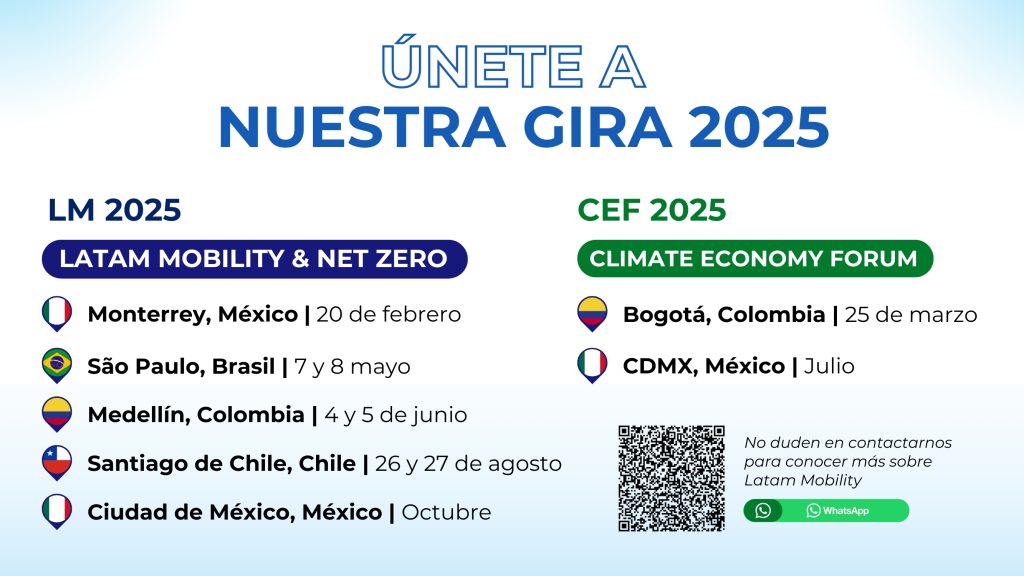
Colombia Reaffirms the Need to Improve Infrastructure in Response to Climate Change

At the forum Commitment of Megaprojects to the National Environmental Restoration Goal, held during COP16, the Minister of Transport, María Constanza García Alicastro, highlighted the sector’s initiatives to develop a purposeful infrastructure designed to be resilient to climate change.
The minister explained that the Transport sector in Colombia is the country’s largest energy consumer, accounting for 42% of national energy consumption and is also responsible for 12.5% of Greenhouse Gas (GHG) emissions, equivalent to 37.8 million tons of CO2.
The minister reiterated that, within the framework of the National Development Plan, a commitment was made to mitigate a cumulative total of 2 million tons of CO2 over the 2022–2026 period, aligning these efforts with the sector’s Nationally Determined Contributions (NDC).

The projected goal is to achieve a reduction of 5.6 million tons of CO2 annually by 2030.
Related content: Electric vehicle sales grow by 276% in Colombia in October
Colombia moves towards sustainable mobility
The meeting provided an opportunity to reaffirm that projects incorporate environmental considerations that go beyond regulatory requirements.
In this regard, the minister emphasized that these projects should take as much time as necessary to ensure their sustainability and avoid risks that could endanger human lives in affected areas.

“This puts us on the path to working with the road sector, freight transport, and public passenger transport, strengthening systems, for which we have two major strategies: the first is related to the renewal and technological upgrade of the country’s vehicle fleet and the second to intermodality, particularly concerning freight transport,” stated Minister García.
Finally, she highlighted that Colombia has given a stronger push to intermodality and has increased investments, paying special attention to the environmental component.
Latam Mobility in the Region
After a successful 2024 tour, Latam Mobility consolidates itself as the most important sustainable mobility community in Latin America, by generating synergy between the actors involved to massify decarbonization.

In 2025, the Invest In Latam network will continue its impact in the region with confirmed meetings in Colombia, Brazil, Chile and Mexico.
Learn more about our meetings and become an agent of change here.





